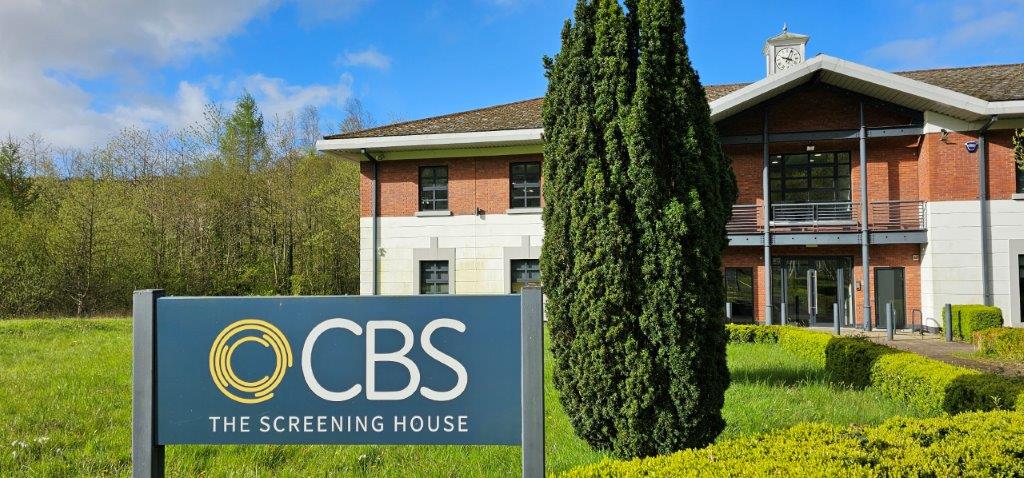
20 January 2026
As safeguarding expectations continue to rise across education, care and personal employment, access to appropriate […]
Read more01443 799 900
CBS is a multi-award-winning company and one of the largest pre-employment screening and criminal check providers in the UK.

20 January 2026
As safeguarding expectations continue to rise across education, care and personal employment, access to appropriate […]
Read more
18 December 2025
Workplace screening has undergone a significant change over the past two years, driven not by […]
Read more
28 October 2025
It’s autumn 2025, and compliance is no longer judged by what happens at hiring – […]
Read more
2 October 2025
It’s September 2025, and tougher Right to Work rules are no longer a distant deadline. […]
Read more
26 August 2025
DBS screening in higher education isn’t just admin – it’s a core part of safeguarding […]
Read more
22 July 2025
If you’ve ever been unsure whether a role requires a Disclosure and Barring Service (DBS) […]
Read more
22 May 2025
In an age where trust is everything, the integrity of your people isn’t just a […]
Read more
25 September 2024
Complete Background Screening (CBS) goes through rigorous processes to secure accreditations that validate our commitment […]
Read more
20 September 2024
At Complete Background Screening (CBS), sustainability begins at the office. Our headquarters in Mountain Ash, […]
Read more
16 September 2024
Are you looking for employment screening, criminal record checks, security screening or need to build […]
Read more
15 September 2024
As the festive season approaches, businesses are gearing up with extra temporary staff to help […]
Read more
11 September 2024
At Complete Background Screening, we understand the importance of striking a balance between fostering community […]
Read more